Married to his beloved wife for nearly 61 years, Neil Sedaka hardly knows the feeling of “Breaking Up is Hard to Do.”
Recently turning 84, the charming singer who won hearts with his “down doobie do down down” melody is full of love for his grandchildren. He often expresses that he was “born married to his wife.”
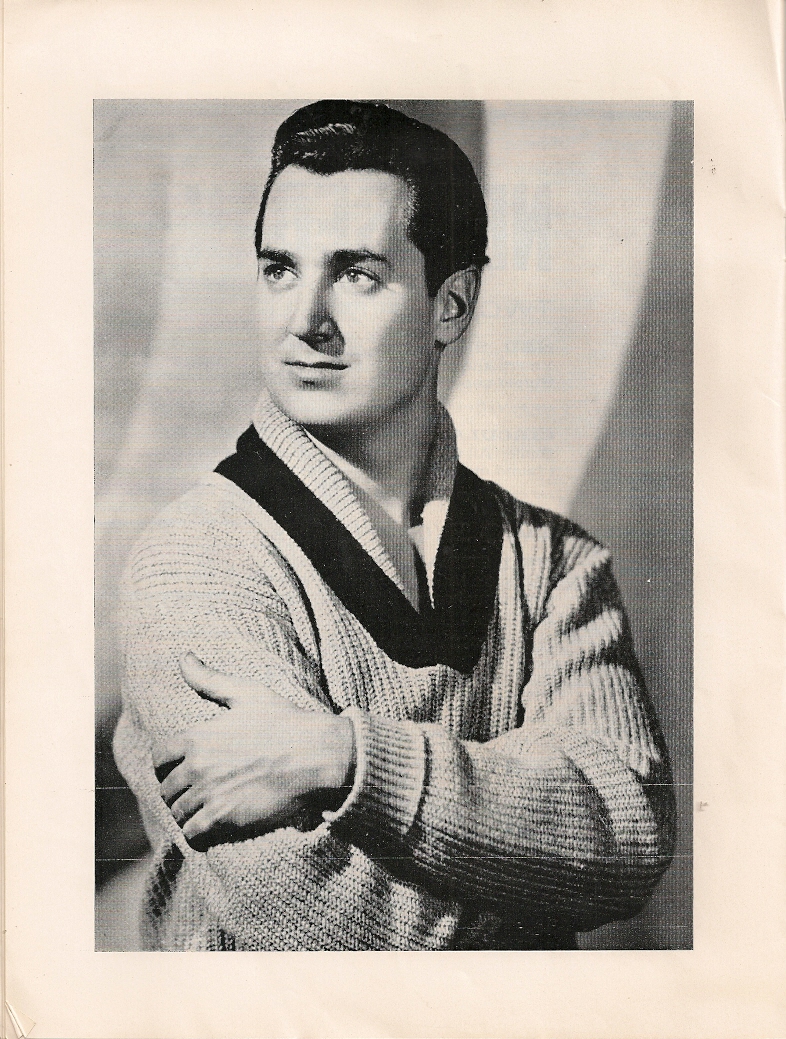
It’s hard not to adore Neil Sedaka. He has gifted us so much with his incredible talent and warm presence over the years.
A natural talent, Sedaka has written and performed some of the catchiest pop songs in history. Despite his success, he recalls being shy about singing in front of people as a child. “I knew I had a remarkable voice, but I was embarrassed because it was so high,” he admitted. “But when I sang at my bar mitzvah, the rabbi was in tears.”
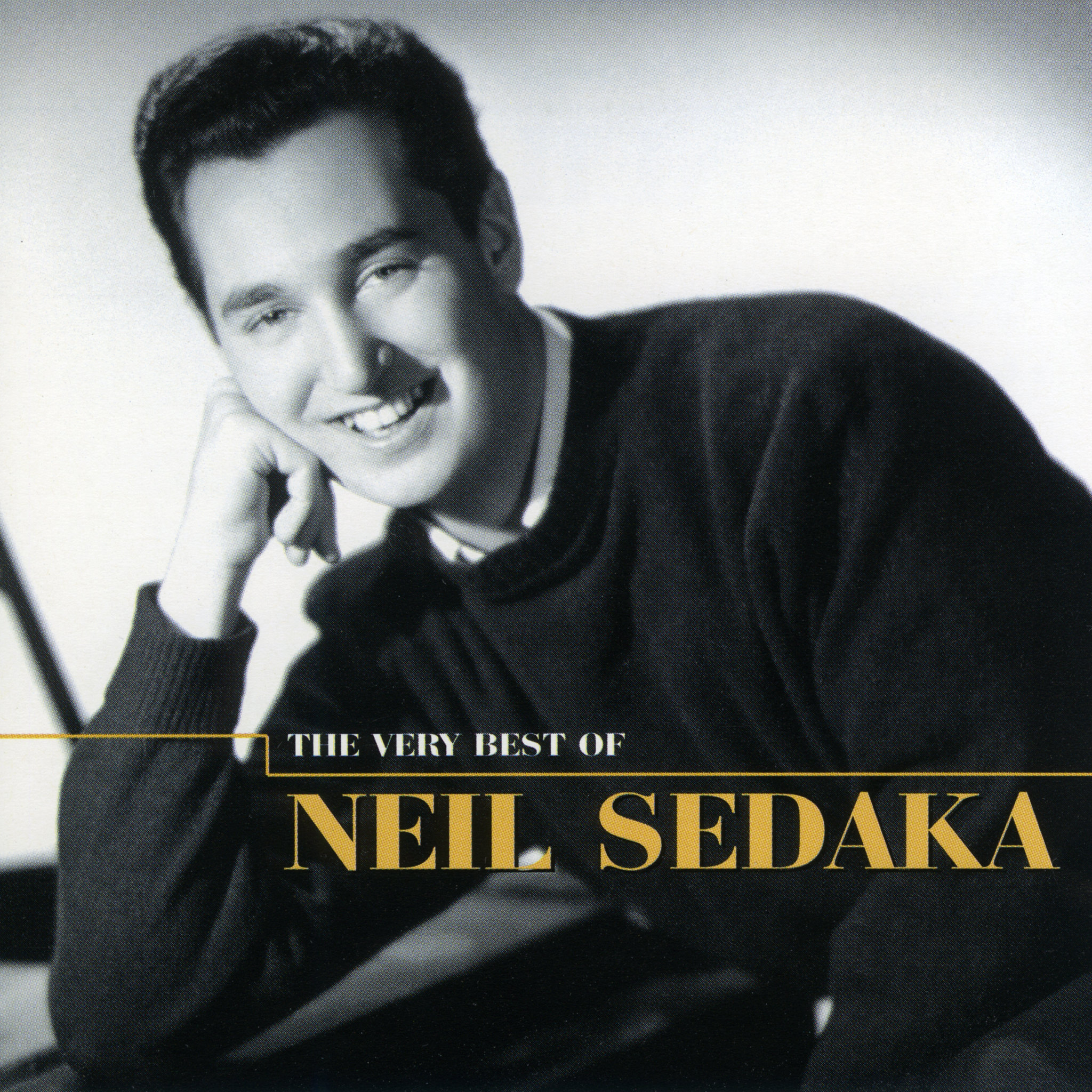
At just 13, Sedaka, a classically trained pianist attending a Julliard scholarship program, teamed up with 16-year-old Howard Greenfield. They began writing songs for Sedaka’s school band, the Linc-Tones, which later became the Tokens.
Working out of New York’s legendary Brill Building, the duo wrote hits like Sedaka’s “Breaking Up is Hard to Do,” Captain & Tenille’s “Love Will Keep Us Together,” and Connie Francis’ “Stupid Cupid.” “We had a tiny room with a piano and no window. You only got a window after you had a hit song,” Sedaka recalled. They earned $50 a week and worked tirelessly from 9am to 5pm, pitching their songs to record labels.
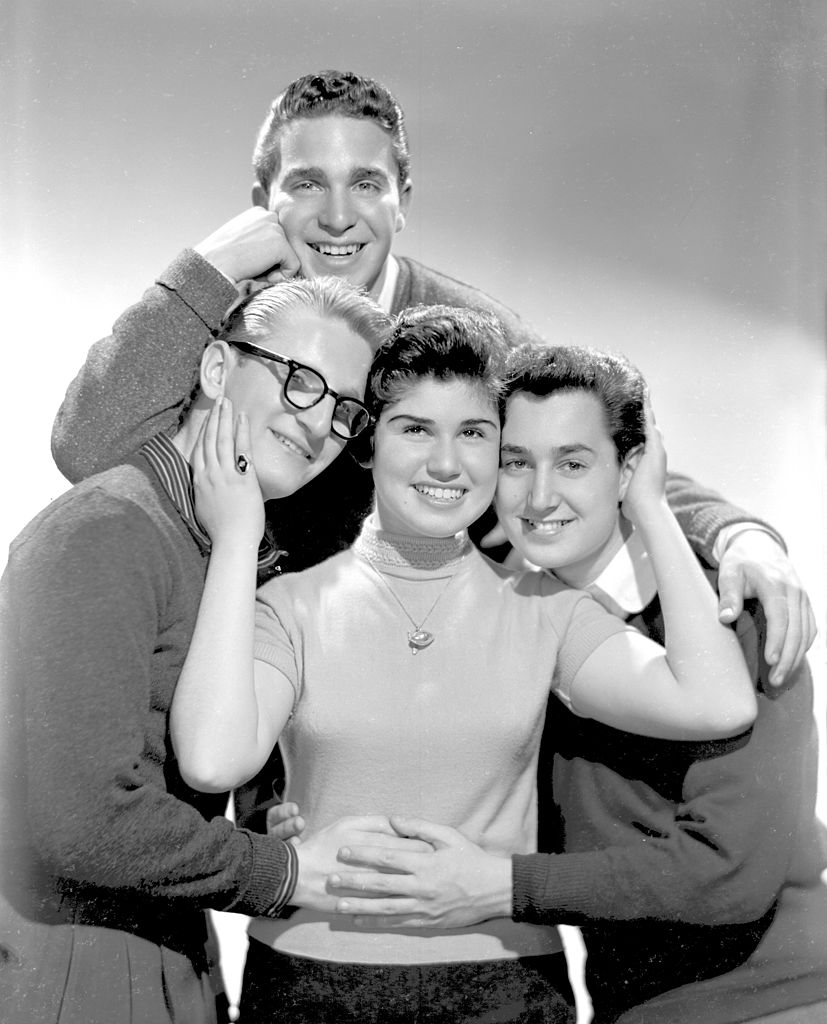
Sedaka was the first in the Brill Building to record his own songs and to hit the Top 10 with “Oh! Carol” (1959), inspired by his high school girlfriend Carole King. He and Greenfield collaborated until the mid-70s. Greenfield, who was openly gay, passed away from AIDS-related complications in 1986.
At 19, Sedaka left the Tokens before their hit “The Lion Sleeps Tonight” topped the charts. Going solo, his first three singles flopped, but a spot on American Bandstand with Dick Clark earned him a recording contract.
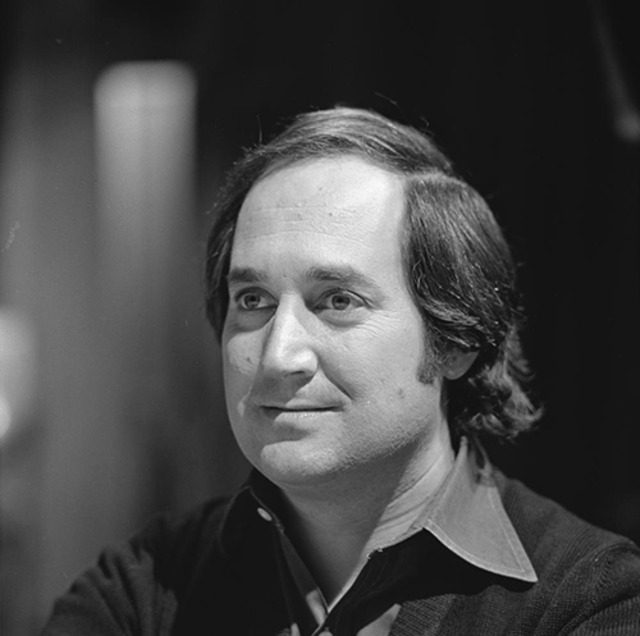
His first hit single, “The Diary,” inspired by Connie Francis’ diary, peaked at 14 on the Billboard Top 100 in 1958. By 1960, with “Calendar Girl,” his popularity soared.
In 1962, Sedaka married Leba Strassberg, whom he met while performing at Esther Manor resort in the Catskills. Despite Leba’s mother disapproving of her dating a musician, they stayed together, facing another challenging relationship with Sedaka’s mother, Eleanor.
Eleanor initially pushed Sedaka towards a classical music career, but she changed her tune when he received a $62,000 royalty cheque for “Stupid Cupid.” However, she and her lover controlled his royalties and finances, leading to financial strain. “They spent my money, living the high life while my wife and I had to start from scratch,” Sedaka explained.

During this tough time, Leba became Sedaka’s manager. But as he was about to make a comeback, The Beatles’ arrival dimmed his spotlight. Moving to London, Sedaka adapted his style and connected with Elton John, who helped relaunch his career in the 70s with the album “Sedaka’s Back.”
In 1983, Sedaka was inducted into the Songwriters Hall of Fame and later received a star on the Hollywood Walk of Fame. In 2003, he appeared as a guest judge on American Idol, where Clay Aiken’s rendition of Sedaka’s “Solitaire” became the top-selling single of 2004.
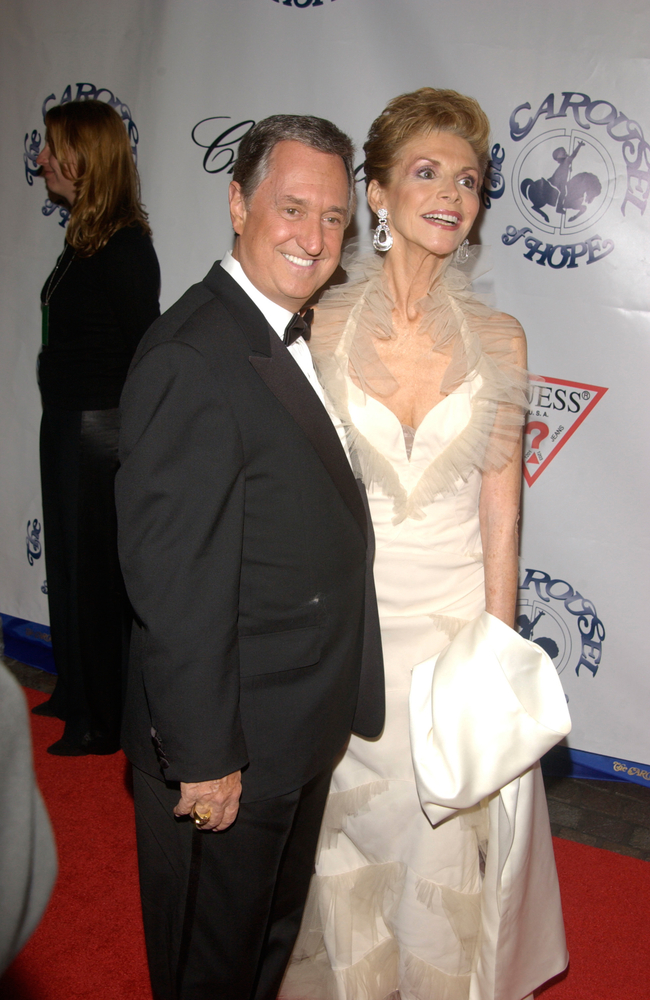
During the COVID-19 pandemic, Sedaka shared mini-concerts on social media to lift fans’ spirits. For his 60th wedding anniversary, he dedicated a special concert to Leba with three songs he wrote for her.
In early May, Sedaka joined the Cameo family, offering personalized messages for special occasions. His fans continue to cherish him, with one saying, “Been listening to your songs since I was a teenager, I’m now 75 and love your music! Please don’t stop!!”
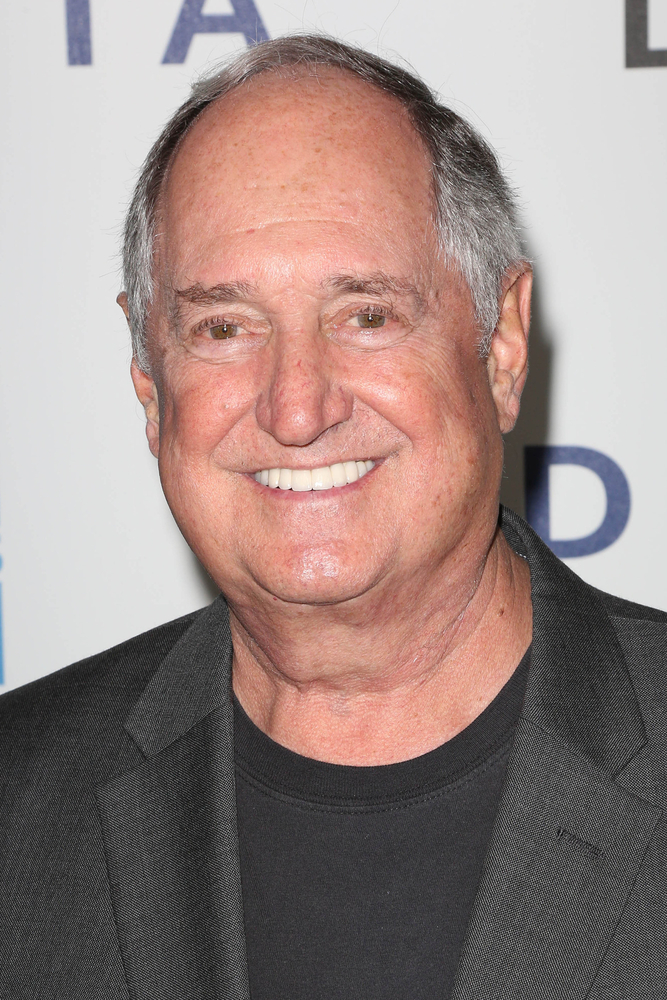
Sedaka remains focused on his family, particularly his grandchildren. His daughter Dara is an actress and singer, and his son Marc is a TV and film writer and editor.
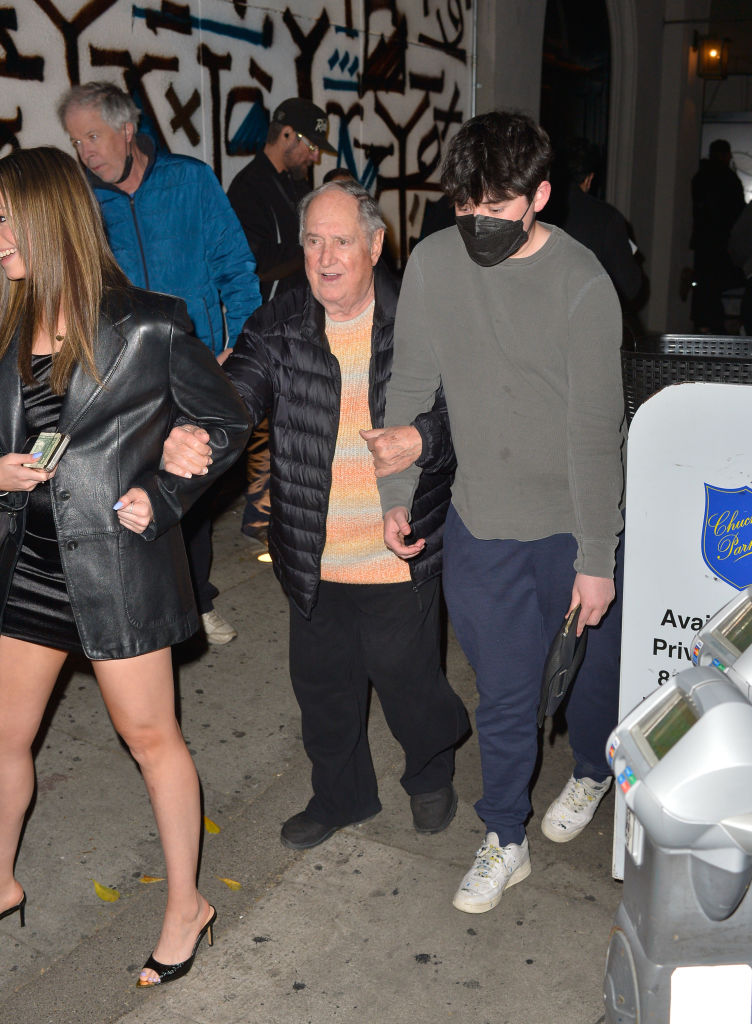
Reflecting on his career, Sedaka remarked, “I could have been bigger, but I wasn’t controversial enough. I had talent and was hungry for fame, and you can’t say I didn’t get it.”
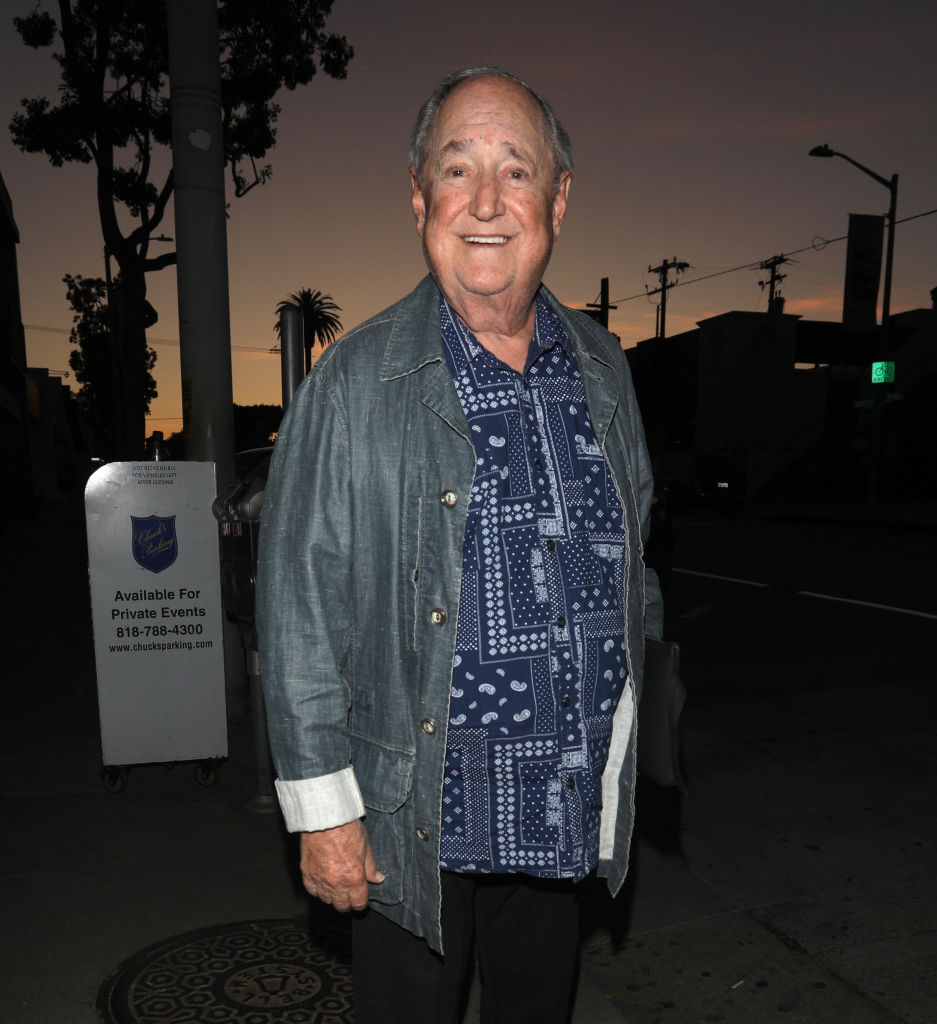
Neil Sedaka’s enduring marriage and his remarkable career serve as an inspiration. His music continues to touch hearts, and his legacy will influence generations to come. What’s your favorite song by Neil Sedaka?


